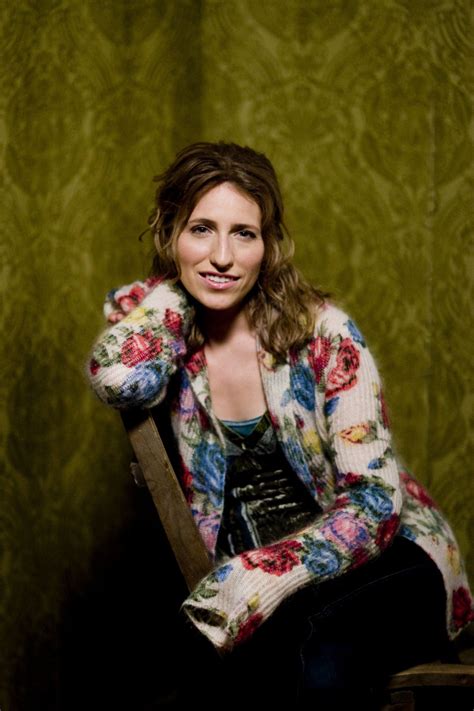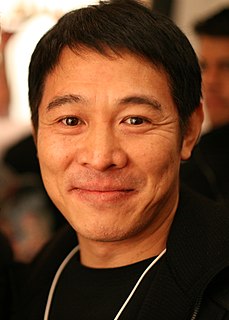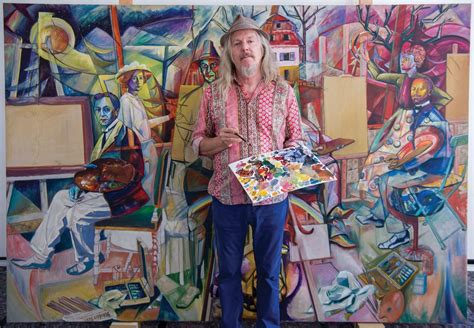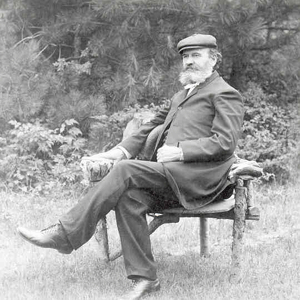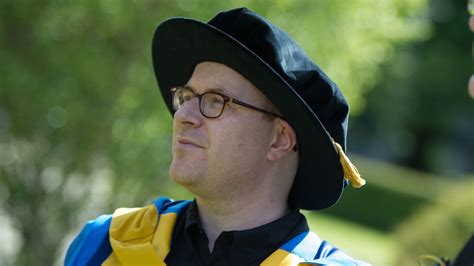A Quote by Michelangelo
It is not sufficient merely to be a great master in painting and very wise, but I think that it is necessary for the painter to be very moral in his mode of life, or even, if such were possible, a saint, so that the Holy Spirit may inspire his intellect.
Related Quotes
David knew that the very quality of his worship was not based on his own volition but on the object of his worship - the Father, Son and Holy Spirit. Though our affections for God may wax and wane, His character is unchanging! We even see David speaking to his own soul, demanding of it, "Bless the Lord!"
Emile Saint-Blague had been a lively, versatile painter in his youth, but he had abused his energy by painting too many pictures; so that in what might have been the ripe period of his art he had nothing left but ideas. A man who has nothing left but ideas may be of great service to his friends, but he is of no use at all to himself. Emile was certainly an inspiration to his friends.
Even though artists of all kinds claim to put their hearts and souls into their works, it will only confuse you, for example, if you try to discern a painter by his paintings. His masterpiece may be the master because of its iridescence; it may display a hundred different perspectives through his single face.
No man is so foolish but may give another good counsel sometimes; and no man is so wise, but may easily err, if he will take no others counsel but his own. But very few men are wise by their own counsel; or learned by their own teaching. For he that was only taught by himself had a fool to his master.
Without the Holy Spirit, Christian discipleship would be inconceivable, even impossible. There can be no life without the life-giver, no understanding without the Spirit of truth, no fellowship without the unity of the Spirit, no Christlikeness of character apart from His fruit, and no effective witness without His power. As a body without breath is a corpse, so the church without the Spirit is dead.
From the descent of the Holy Spirit at the beginning we may learn something concerning His operations at the present time. Remember at the outset that whatever the Holy Spirit was at the first, He is that now, for as God, He remains forever the same-whatever He did then He is able to do still, for His power is by no means diminished.
Every philharmonic orchestra merely interprets the composer. My goal was to create new music by that composer. In doing so, I wanted to find the painter's creative center and become familiar with it, so that I could see through his eyes how his paintings came about and, of course, see the new picture I was painting through his eyes - before I even painted it.
We may not preach a crucified Savior without being also crucified men and women. It is not enough to wear an ornamental cross as a pretty decoration. The cross that Paul speaks about was burned into his very flesh, was branded into his being, and only the Holy Spirit can burn the true cross into our innermost life.

